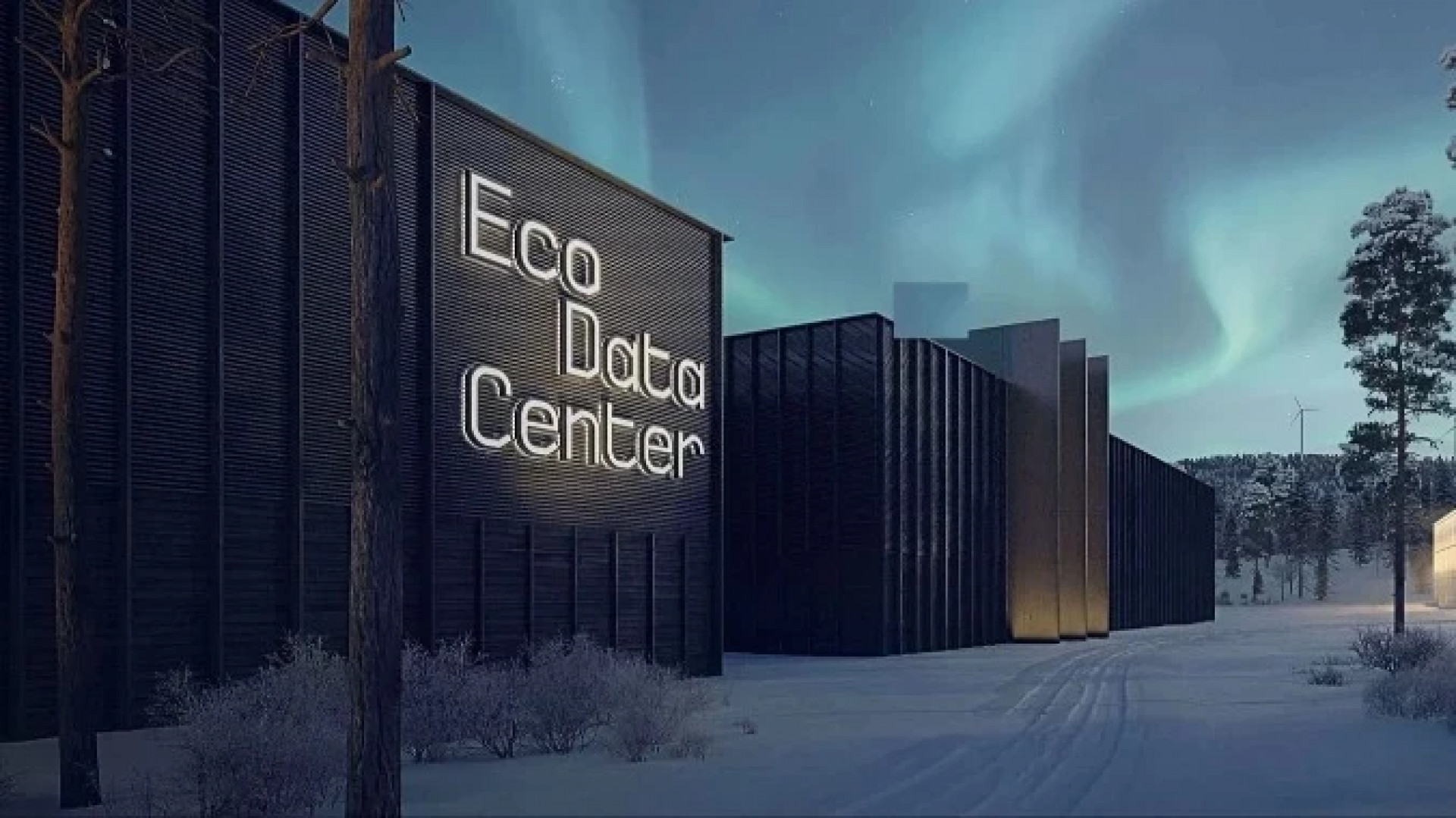Norwegian colocation company Green Mountain continues to grow its footprint in the valley of Rjukan, Telemark, an important hub for the country’s hydropower production. The current site, which is surrounded by several hydropower plants, will be further developed with a new two-storey building.
Only 3 and a half months after Green Mountain announced a 4.5 MW expansion at the RJU1-Rjukan facility in Telemark, the company will develop another expansion of 20 MW. Green Mountain will construct a new two-storey building. The first phase will be ready for service in March 2023. The total investment is estimated to EUR 100 million and all residual heat from the new facility will be used by a nearby land-based fish farm.
Heated water for trout farm
“We have experienced a massive interest from international companies wanting to move their workloads to more sustainable locations. Our facility in Rjukan checks all the boxes when it comes to renewable power, energy-efficiency, and heat reuse.” says Green Mountain CEO, Tor Kristian Gyland.
A data center produces plenty of heat, but it will not go to waste in our facility. Hima Seafood is currently building the world’s biggest land-based trout farm less than a kilometre from the Green Mountain site. The two companies have already agreed to use waste heat from the Green Mountain facility. The development is scalable so we can now offer Hima Seafood even more heated water to support their production in the future.
Several projects in the works
This is the fourth construction project announced by Green Mountain in recent months. In addition to the two expansions at Rjukan, Green Mountain is currently building a 13.5 MW colocation data center outside Oslo and recently completed a 3.5 MW expansion at our mountain hall facility at Rennesøy. “There is a lot of activity in the market, and we expect even further growth the next 12 months. We have several new projects in planning, which we hope to announce shortly. Green Mountain will continue to deliver on client commitments, even in these challenging times.” Gyland adds.














